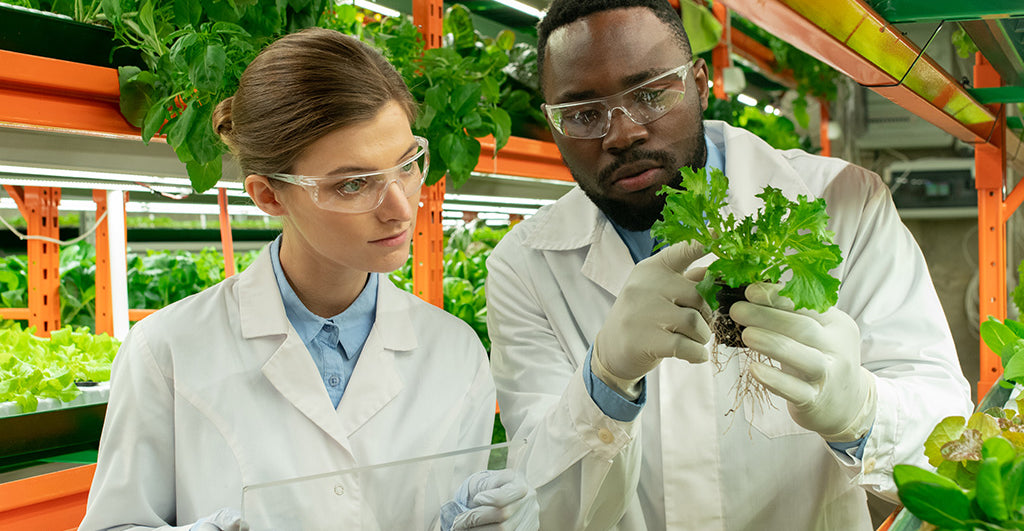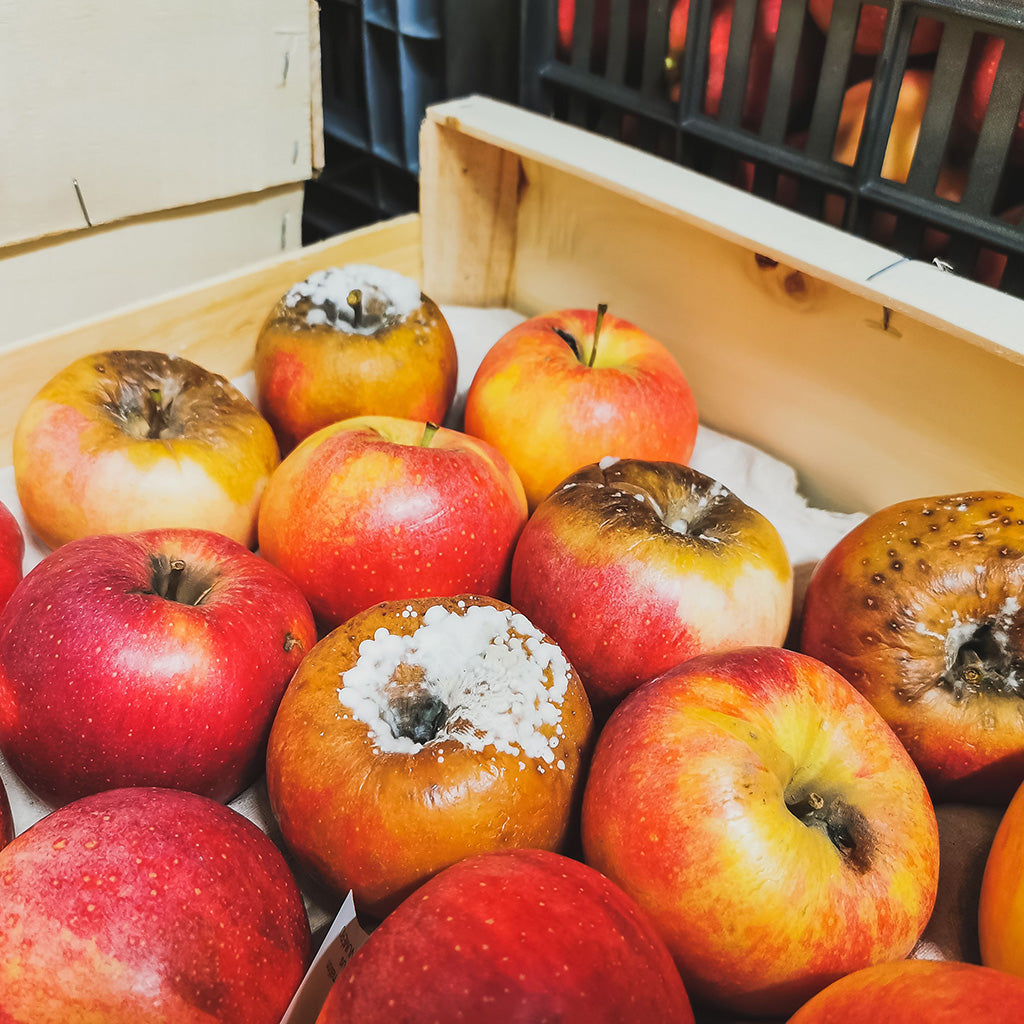The Problem of Food Waste
Food waste is a significant global issue with profound economic, environmental, and social impacts. In the United States alone, approximately 40% of the food supply is wasted each year, which translates to over 108 billion pounds of food. This waste occurs at every stage of the food supply chain, from production to consumption, with various contributing factors.
The Hidden cost of Plenty
In a world overflowing with abundance, why are so many still going hungry?
Retail (20%)
Inventory Management: Retailers often overstock to prevent running out of items, leading to expired or unsold goods.
Expiration Dates: Products nearing their sell-by or use-by dates are often discarded, even if they are still safe and edible.
Cosmetic Standards: Retailers frequently reject produce that does not meet aesthetic standards, contributing to significant waste.
Display Practices: Fresh produce is frequently rotated, and older items are discarded to make room for new stock.
Consumer Levels (30%)
Over-purchasing: Consumers often buy more food than they can consume, leading to spoilage and waste.
Improper Storage: Lack of knowledge about proper food storage techniques results in premature spoilage.
Leftovers and Plate Waste: Uneaten leftovers and plate waste are common, especially in households and food service establishments.
Expiration Confusion: Misunderstanding of expiration dates (e.g., best-before vs. use-by) leads to the disposal of still-edible food.

Environmental Impact
Resource Waste: Food waste represents a colossal waste of resources, including water, land, energy, and labor used in food production, processing, and transportation. For example, it is estimated that the water used to produce wasted food in the U.S. could meet the needs of 500 million people.
Greenhouse Gas Emissions: When food waste decomposes in landfills, it generates methane, a potent greenhouse gas that contributes significantly to climate change. The carbon footprint of food waste is immense, equivalent to approximately 8% of global greenhouse gas emissions.
Biodiversity Loss: Agricultural practices to produce food, which ultimately goes to waste, contribute to habitat destruction, deforestation, and biodiversity loss.

Social and Economic Impact
Food Insecurity: Ironically, while a large portion of food is wasted, millions of people around the world suffer from hunger and food insecurity. In the U.S., approximately 35 million people, including 10 million children, experience food insecurity.
Economic Losses: Food waste represents a significant economic loss. In the U.S., it is estimated that food waste costs approximately $218 billion annually, including wasted resources and disposal costs.
The Need for Change
The current scale of food waste is unsustainable, and addressing this issue is critical for the future of our planet and its people. Reducing food waste is not only about conserving resources and protecting the environment; it’s also about building a more equitable and resilient food system.
How to bring about change

Policy and Legislation
Governments can play a crucial role by implementing policies that encourage food waste reduction, such as tax incentives for food donations, clearer labeling practices, and support for food rescue initiatives.

Innovation and Technology
Advances in technology offer new ways to prevent and reduce food waste. Innovations in packaging, storage, and preservation can extend the shelf life of food. Additionally, digital tools can help optimize supply chains, improve forecasting, and reduce overproduction.

Education and Awareness
Raising awareness about the issue of food waste and educating consumers about proper food storage, meal planning, and the interpretation of expiration dates can significantly reduce household waste.

Collaboration and Partnerships
Addressing food waste requires collaboration across the food supply chain. Farmers, manufacturers, retailers, consumers, and policymakers must work together to create a more efficient and sustainable food system.
Conclusion
In conclusion, addressing food waste requires a cautious and thoughtful approach that balances innovation with practical, achievable solutions. While the problem is extensive and affects multiple sectors, even incremental progress can yield substantial benefits. Agriponic Farms, through its dedication to cutting-edge technology and responsible resource management, is helping to lead this effort. By focusing on sustainable food production, food rescue, and efficient distribution, we aim to contribute meaningfully to reducing food waste without compromising economic viability or environmental stewardship. Working collaboratively, we can ensure that more food is utilized productively and fewer resources are wasted, paving the way for a more sustainable and resilient future.











